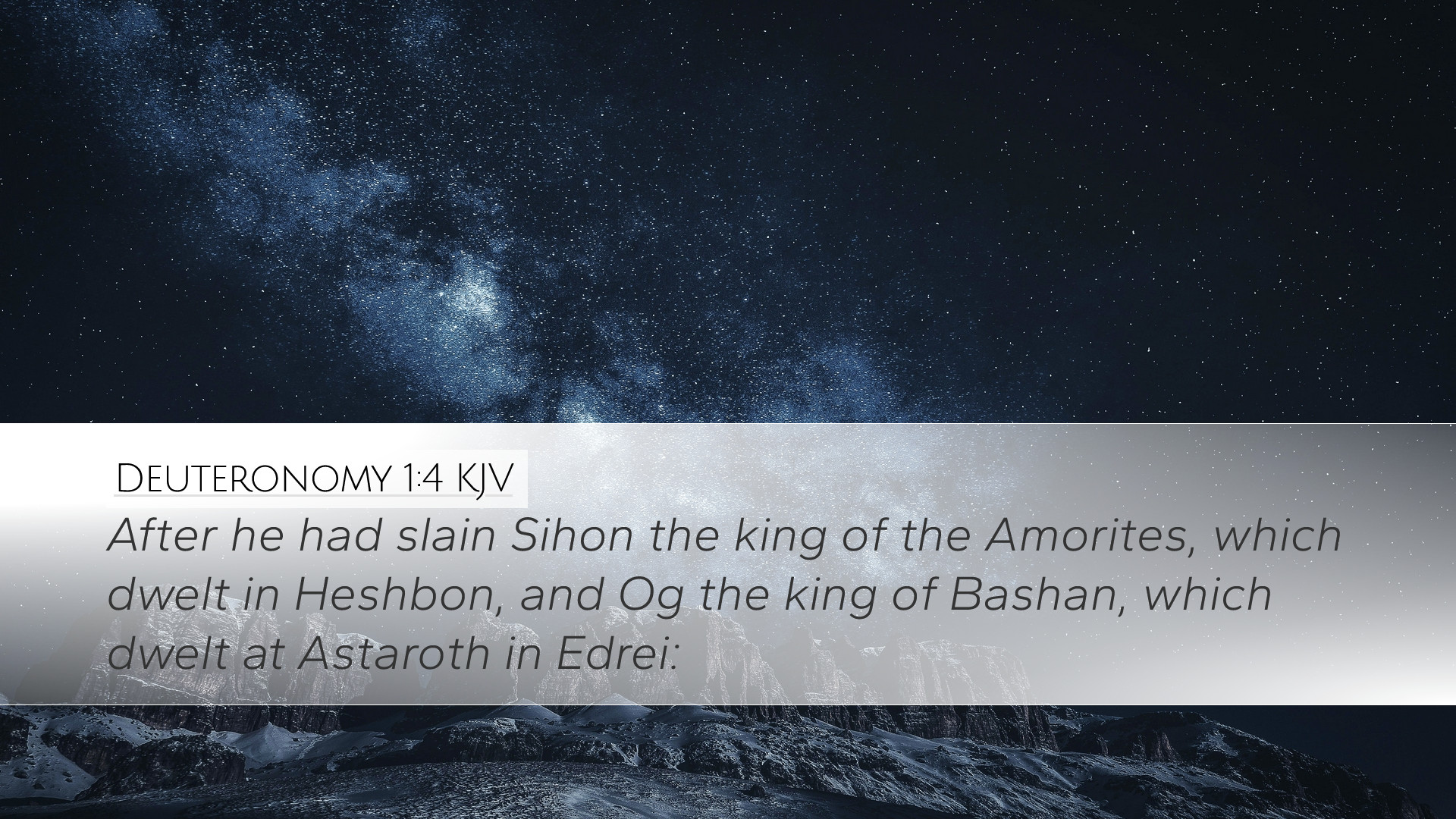Old Testament
Genesis Exodus Leviticus Numbers Deuteronomy Joshua Judges Ruth 1 Samuel 2 Samuel 1 Kings 2 Kings 1 Chronicles 2 Chronicles Ezra Nehemiah Esther Job Psalms Proverbs Ecclesiastes Song of Solomon Isaiah Jeremiah Lamentations Ezekiel Daniel Hosea Joel Amos Obadiah Jonah Micah Nahum Habakkuk Zephaniah Haggai Zechariah MalachiChapter
Deuteronomy 1 Deuteronomy 2 Deuteronomy 3 Deuteronomy 4 Deuteronomy 5 Deuteronomy 6 Deuteronomy 7 Deuteronomy 8 Deuteronomy 9 Deuteronomy 10 Deuteronomy 11 Deuteronomy 12 Deuteronomy 13 Deuteronomy 14 Deuteronomy 15 Deuteronomy 16 Deuteronomy 17 Deuteronomy 18 Deuteronomy 19 Deuteronomy 20 Deuteronomy 21 Deuteronomy 22 Deuteronomy 23 Deuteronomy 24 Deuteronomy 25 Deuteronomy 26 Deuteronomy 27 Deuteronomy 28 Deuteronomy 29 Deuteronomy 30 Deuteronomy 31 Deuteronomy 32 Deuteronomy 33 Deuteronomy 34Verse
Deuteronomy 1:1 Deuteronomy 1:2 Deuteronomy 1:3 Deuteronomy 1:4 Deuteronomy 1:5 Deuteronomy 1:6 Deuteronomy 1:7 Deuteronomy 1:8 Deuteronomy 1:9 Deuteronomy 1:10 Deuteronomy 1:11 Deuteronomy 1:12 Deuteronomy 1:13 Deuteronomy 1:14 Deuteronomy 1:15 Deuteronomy 1:16 Deuteronomy 1:17 Deuteronomy 1:18 Deuteronomy 1:19 Deuteronomy 1:20 Deuteronomy 1:21 Deuteronomy 1:22 Deuteronomy 1:23 Deuteronomy 1:24 Deuteronomy 1:25 Deuteronomy 1:26 Deuteronomy 1:27 Deuteronomy 1:28 Deuteronomy 1:29 Deuteronomy 1:30 Deuteronomy 1:31 Deuteronomy 1:32 Deuteronomy 1:33 Deuteronomy 1:34 Deuteronomy 1:35 Deuteronomy 1:36 Deuteronomy 1:37 Deuteronomy 1:38 Deuteronomy 1:39 Deuteronomy 1:40 Deuteronomy 1:41 Deuteronomy 1:42 Deuteronomy 1:43 Deuteronomy 1:44 Deuteronomy 1:45 Deuteronomy 1:46


Commentary on Deuteronomy 1:4
Verse: Deuteronomy 1:4 (KJV) "After he had slain Sihon the king of the Amorites, which dwelt in Heshbon, and Og the king of Bashan, which was at Ashtaroth and at Edrei."
Introduction
This verse introduces a significant moment in Israel's journey to the Promised Land, highlighting the conquests of Sihon and Og. These victories serve as both historical milestones and spiritual lessons for the Israelites. Within this commentary, we will explore insights derived from the teachings of Matthew Henry, Albert Barnes, and Adam Clarke.
Historical Context
Deuteronomy serves as a vital recapitulation of the Law and the history of Israel's journey. The mention of Sihon and Og indicates serious military encounters that shaped Israel's path into Canaan.
Spiritual Significance
Beyond the historical recounting, this verse reflects profound theological themes relevant to the faith of Israel and its leaders.
Theological Implications
This verse lays the groundwork for understanding how God operates within history and the lives of individuals.
Application for Today
For modern believers, the lessons from Deuteronomy 1:4 extend into personal faith journeys and the community of faith.
Conclusion
Deuteronomy 1:4 encapsulates a moment of triumph for Israel and acts as a reminder of God’s intervention in history. The narrative encourages spiritual reflection on God’s sovereignty, the importance of leadership, and the call to acknowledge God’s acts throughout our lives. As we delve deeper into this passage, let us be inspired to trust in God's continuing work, forging ahead with confidence in His mighty hand.